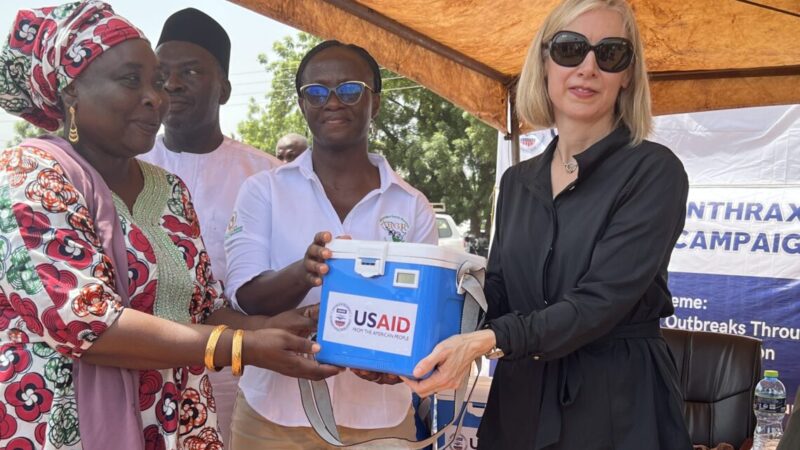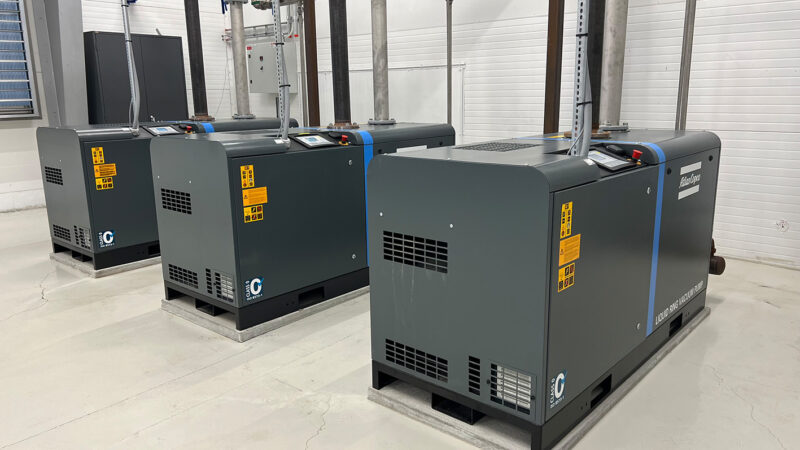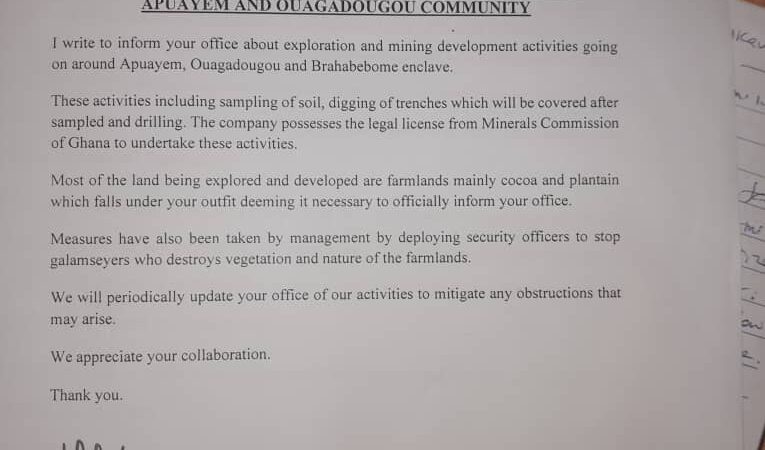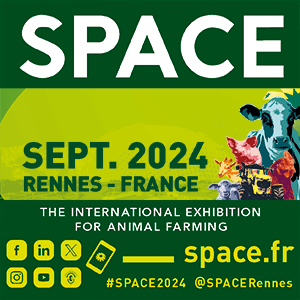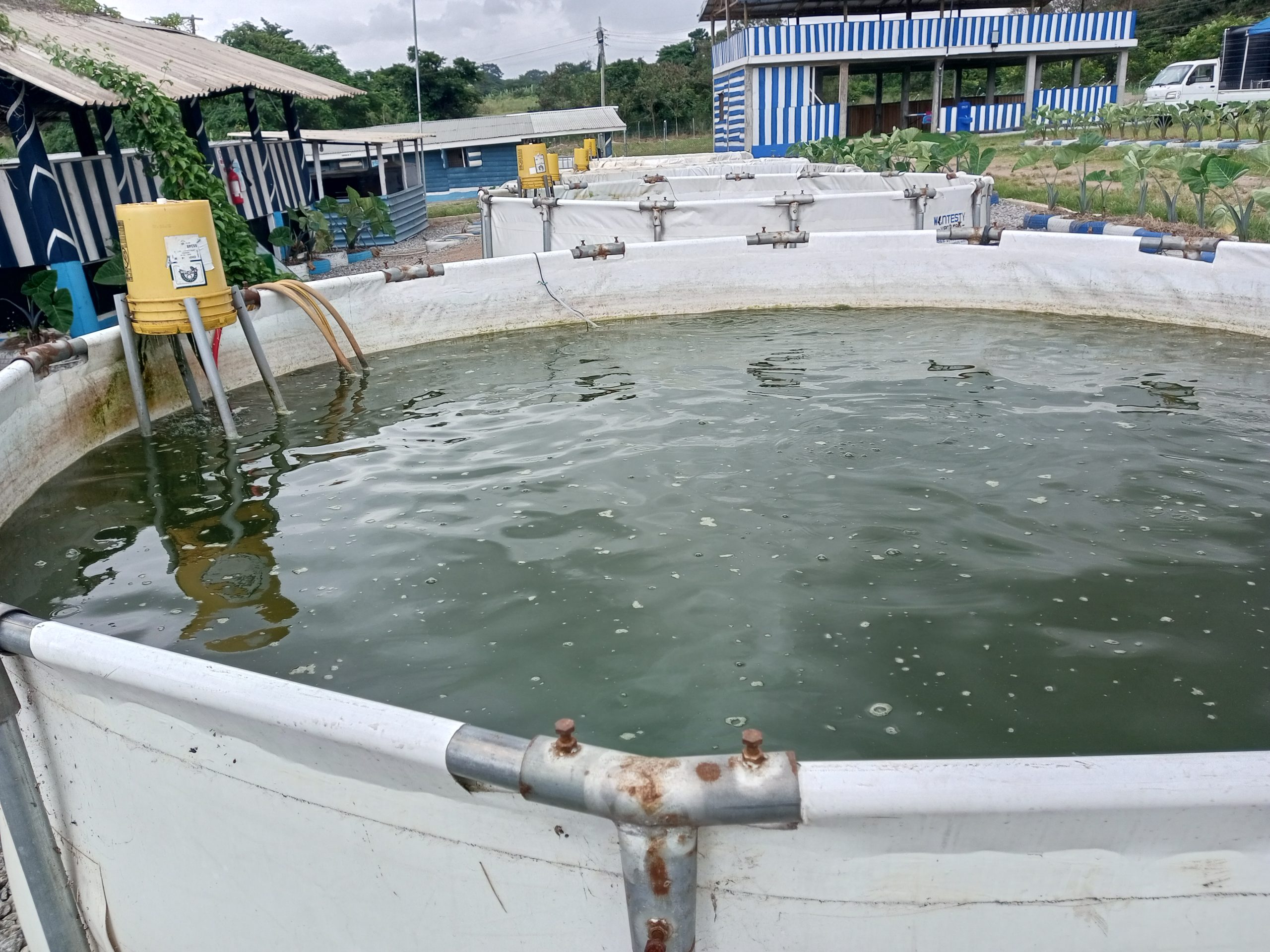
A Ghanaian agricultural Engineer and aquaculture farmer, Dr Shadrack Amponsah, is driving the adoption of modern technology for fish farming, called the ‘Recirculating Aquaculture System (RAS) to promote fish production.
For centuries, Ghanaian fish farmer has been using the conventional system of pond fishing such as the dugout pond
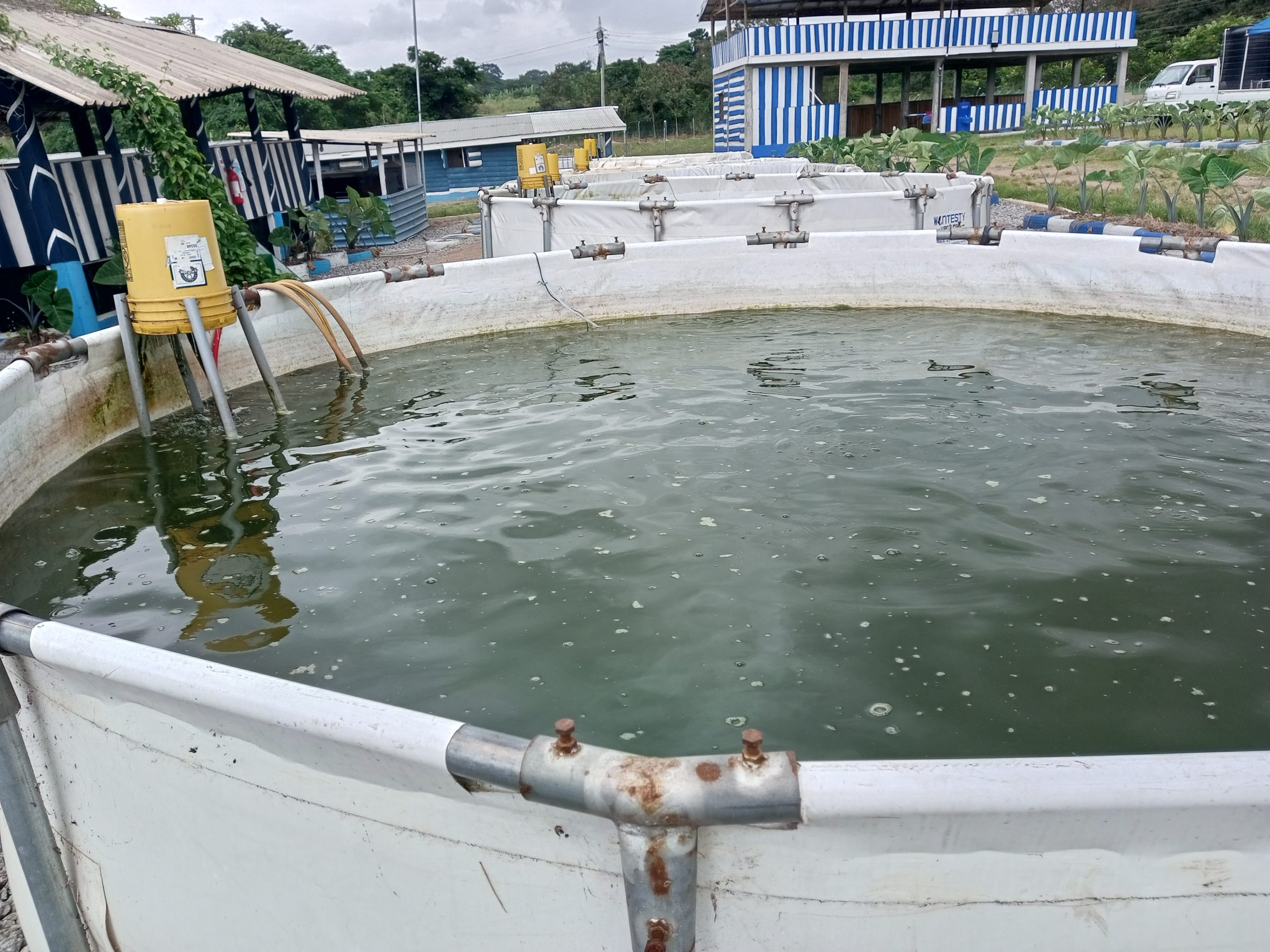
But as technology advances, many are switching from the old pond fishing to the collapsible elevated fish pond systems.
A collapsible fish pond with a RAS set-up, an exceptional but the simplest approach to fish farming has been generally adopted by many actors in the industry.
With the introduction of a collapsible elevated pond system, it is hard for a farm to contract fish diseases and attract reptiles, as seen the traditional pond fishing.
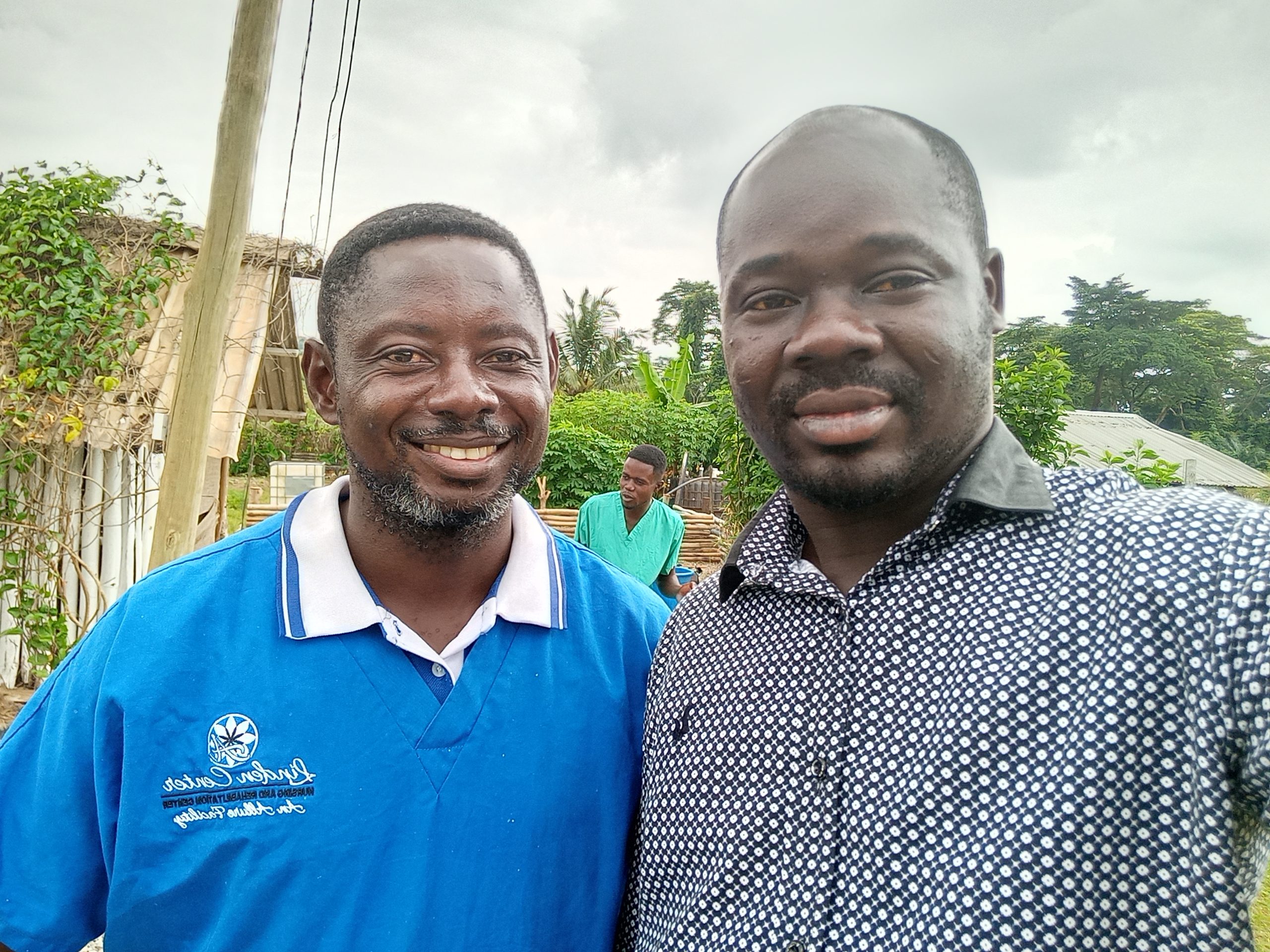
Fish diseases caused by parasites, bacteria or viruses can spread from pond to pond or from farm to farm by the transfer of infected fish and by animals, people, equipment and water contaminated by contact with infected fish or fish pathogens.
Ing. Dr Amponsah says Recirculating Aquaculture set-up is a new technology being promoted in Ghana through concerted research for development efforts. He added that since its introduction in Ghana through a research collaboration with scientists from EMBRAPA, Brazil in 2014, several improvements have been made to adapt the RAS setup to the local conditions
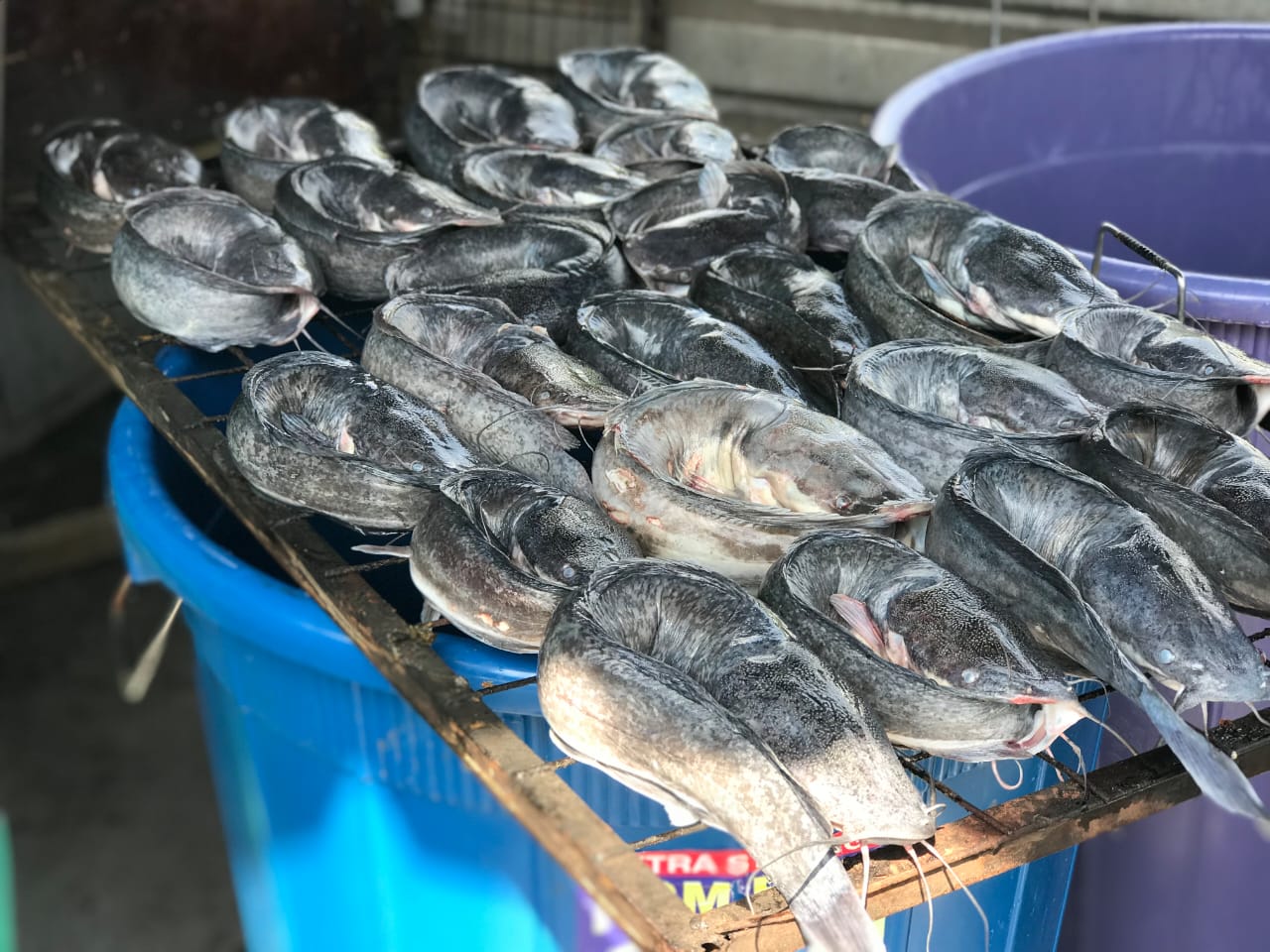
The system has been designed such that it is able to support the rearing of catfish and Tilapia species with a minimum success rate of 70 percent
The device helps to recycle the water and remove the waste to ensure water is saved and conducive for the fishes.
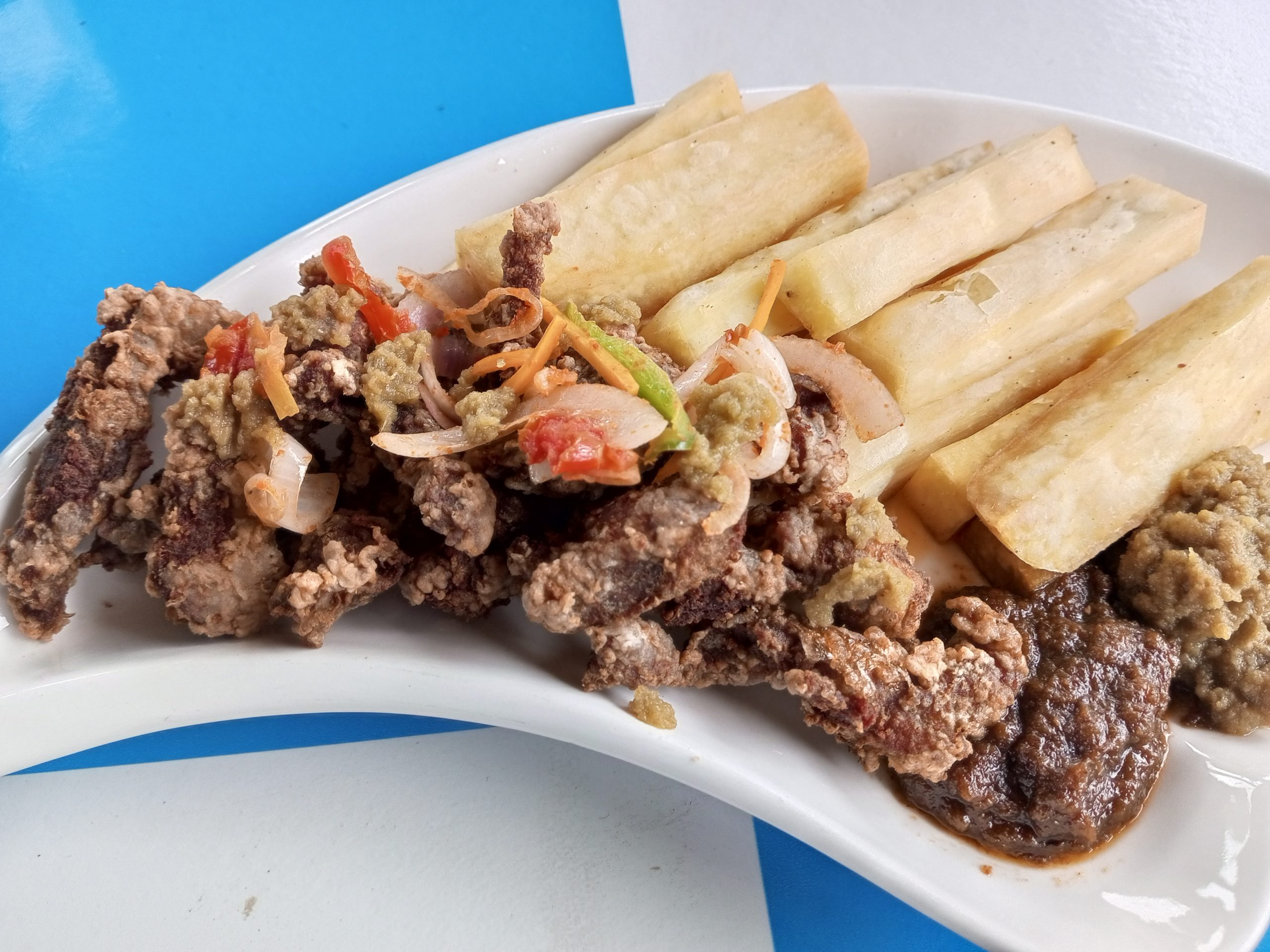
“The fishpond waste is used as manure for organic farming and this is what we have been using to produce our vegetables in the backyard,” said Dr Amponsah.
He explained water is being circulated in the ponds by a submersible pump which also helps to aerate the pond to provide extra oxygen to the fishes once a centrifuge is applied to the water.

“This system is best in the water scare zones since we don’t change the water but only add up to complement the existing recirculated water in the pond,” he added.
He is encouraging every household to own a fish pond since the financial returns are very encouraging.
“The potential is huge for the system we have because it’s flexible and easier to work with for all classes and groups of people,” he stated.
According to the cottage farm manager, Lawrence Asiedu,
they have established over 100 of these pond systems in about forty households in the Ashanti region alone.
Over 300 setups have been established in other regions within the country since 2016 and still counting.
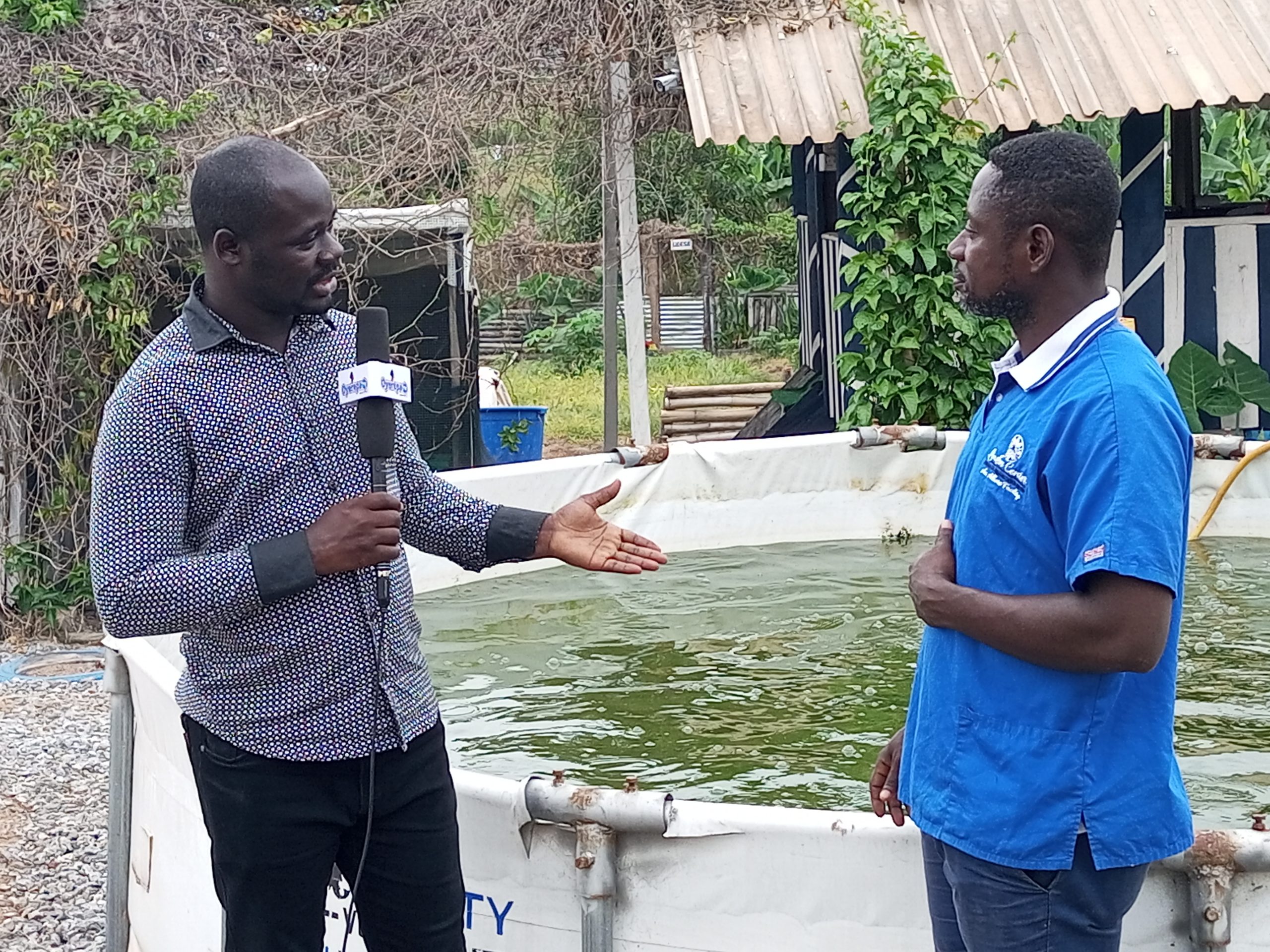
Speaking exclusively to the Daily Agric News portal, Mr Asiedu revealed that a lot of Ghanaians have wildly accepted the concept and are investing heavily in it.
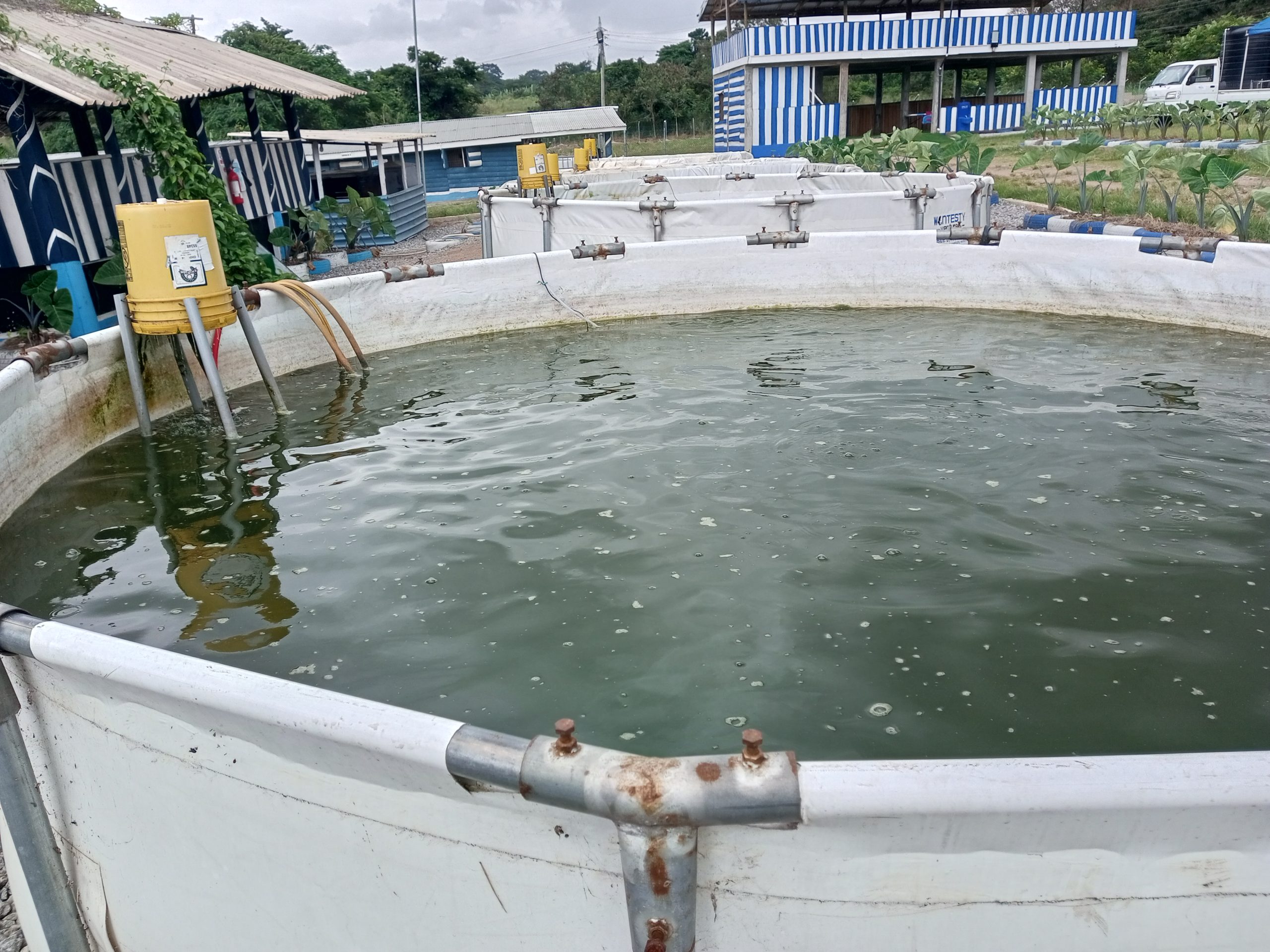
With this wild acceptance, he is optimistic that Ghana’s fish deficit will reduce drastically in the years ahead.
However, he wants potential investors to come on board to make the sector buoyant.

